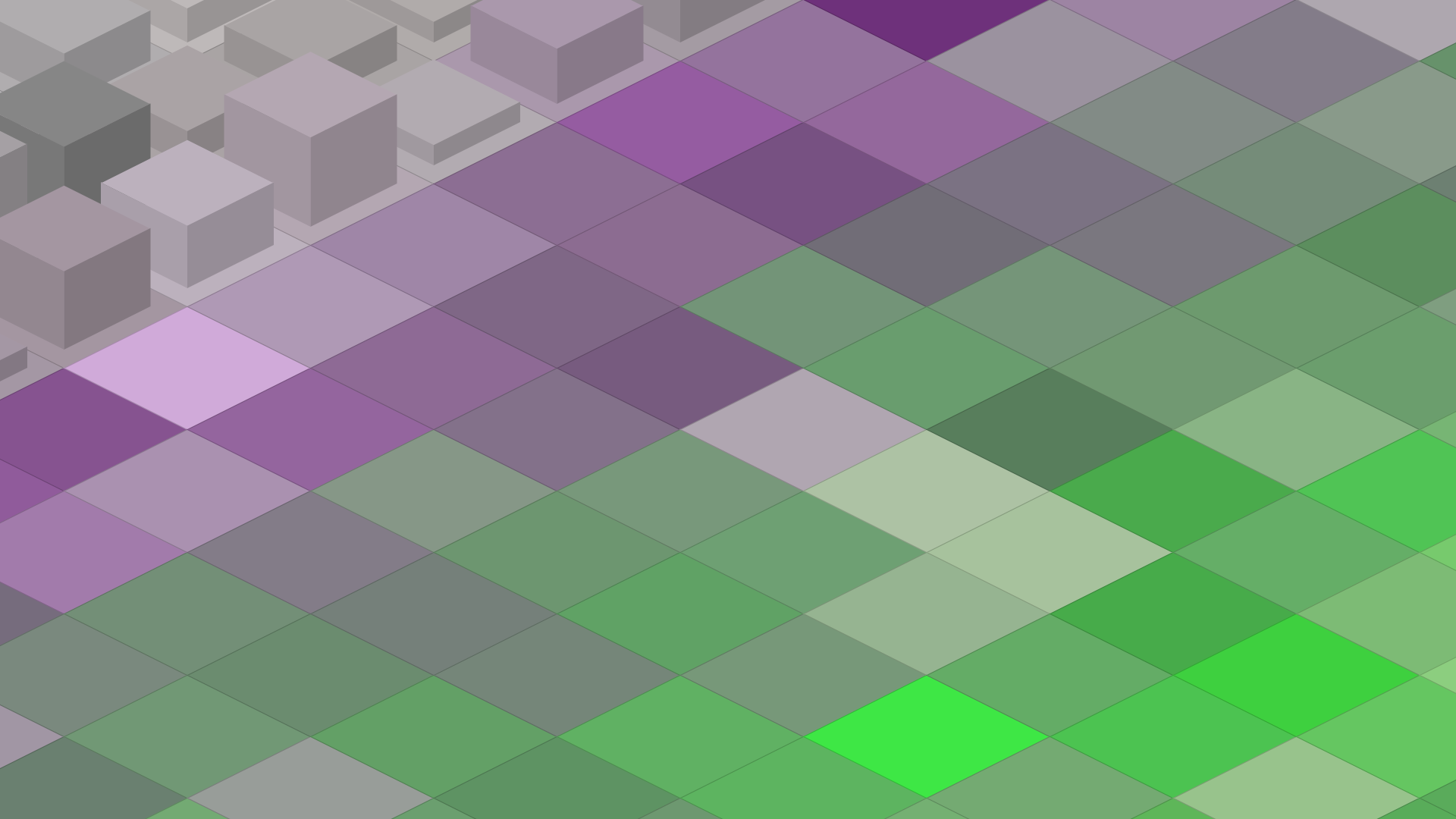PURPLE proposed a number of textual amendments to the legislative proposals for the new regulations for the European Regional and Agricultural policies post-2013. These were aimed at ensuring that peri-urban areas, which display a mix of urban and rural characteristics, will be recognised in the final regulations, and be able to benefit fully from the EU funding programmes 2014-2020. PURPLE also wishes to see the potential of peri-urban regions to contribute to the economic, social, environmental and territorial development of Europe recognised explicitly in the Common Strategic Framework.
Peri-urban areas are increasingly recognised as a distinct kind of multi-functional territory. As well as having great diversity and potential for growth in their own right, they provide essential green and blue services for Europe’s cities, and are well placed to serve growing urban markets in new ways, supplying essential resources such as energy and water, providing opportunities for shorter and more secure food supply chains and promoting stronger links between urban and rural economies and lifestyles.
PURPLE wishes to see a more appropriate and smarter approach to territorial development, with the new cohesion and CAP regulations taking account of the growing European peri-urban reality. In particular we advocate:
A flexible and pragmatic approach to territorial classifications that accepts the realities of dynamic spatial development on a case by case basis and embraces functional geographies. ‘Urban’ does not stop and ‘rural’ start at the administrative boundary of a city.
Recognition that sustainable urban development cannot be achieved without taking into account the territories around and between cities.
Involvement of all relevant urban, peri-urban and rural stakeholders and governance levels in development of sustainable solutions to the pressures facing peri-urban areas from (inter alia) urban expansion, land fragmentation, resource and land use conflicts and climate change.
Support for strong, secure and sustainable agricultural, food and forestry sectors in peri-urban areas to underpin Europe’s future food security, and ensure that viable food production continues to take place alongside large urban populations. In this regard, we need to find solutions to manage competing pressures on natural resources – including water and energy - and on peri-urban spaces.
Opportunities to work in more integrated ways across different funding streams to engage the right mix of partners and governance levels, and in particular to use European programmes such as Interreg and Urbact to tackle the territorial challenges of peri-urban areas
Download PURPLE statement



